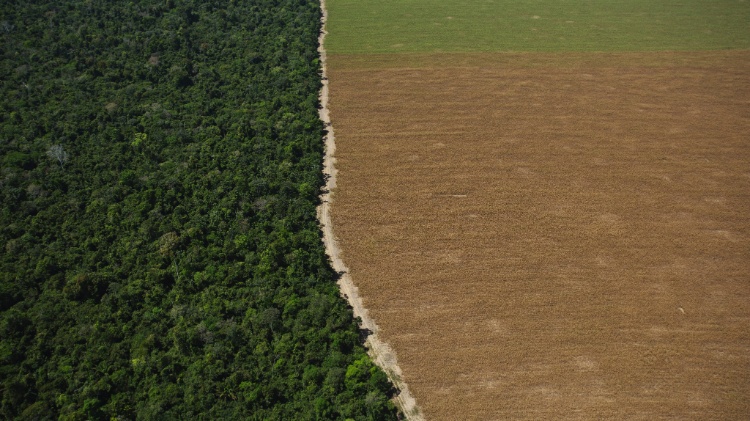A study published Wednesday (4) reported that replacing 20% of beef and sheep meat consumption with proteins that reproduce their strength would cut carbon dioxide emissions by half before 2050 and also reduce deforestation caused by livestock.
Based on projections of population growth and food demand, the authors of the article published in Nature concluded that replacing half of red meat consumption with so-called microbial proteins would reduce deforestation and carbon dioxide pollution by more than 80%.
“It is an important contribution to achieving the goals of the Paris Climate Agreement, with additional benefits to other conservation goals,” lead author Florian Hambenauder, a member of the Potsdam Institute for Climate Impact Research (PIK) told AFP.
Three landmark climate reports published by the United Nations since August have warned that the document’s main objective, limiting global warming to below 2 degrees Celsius, is under serious threat.
The global food system produces a third of greenhouse gas emissions and livestock farming is the main responsible for the agricultural sector.
This contribution is made in two ways. One is the destruction of tropical forests (which will capture carbon dioxide) to make way for pastures and farms (soybeans and corn) to feed livestock. The other is the digestive system of animals, which is a major producer of methane, a greenhouse gas 30 times more powerful than carbon dioxide.
‘The perfect alternative’
Synthetic meats that have been in supermarkets for decades are obtained by growing microbial cells and fungi in a fermentation process similar to that of wine and beer.
Your cells feed on glucose – from sugarcane or beets, for example – to produce proteins. The study found that production requires farming on land, but on a much smaller scale than red meat.
Its benefits go beyond the environmental impact, according to Hana Tomsto, a researcher at the University of Helsinki.
“Microprotein is an ideal alternative to meat because it is rich in protein and contains all the essential amino acids,” he was quoted as saying by Nature magazine.
In addition, water use for agriculture will be reduced and the emission of another greenhouse gas, nitrous oxide, will be reduced.

“Wannabe internet buff. Future teen idol. Hardcore zombie guru. Gamer. Avid creator. Entrepreneur. Bacon ninja.”

